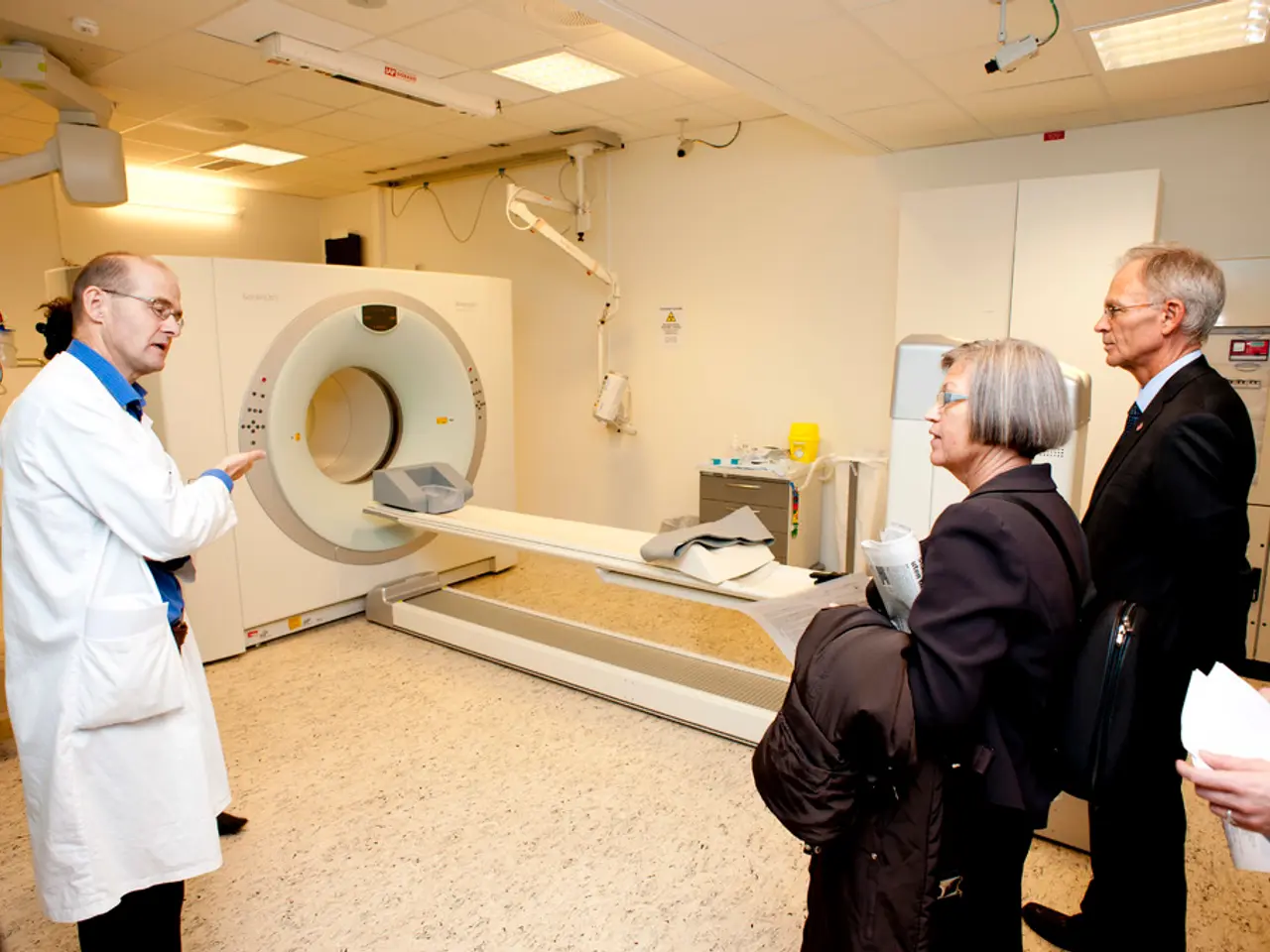Importance of Health Information Privacy Awareness Education (HIPAA Training)
In today's digital-first, social-media-powered world, protecting patient health information (PHI) has never been more crucial. ComplianceJunction, a trusted leader in HIPAA training, offers interactive modules, quizzes, and real-world examples to help healthcare employees understand the significance of privacy and learn the necessary skills to safeguard sensitive health data.
Understanding the Importance of Protecting PHI
Training equips staff with the knowledge of why privacy matters, especially in situations where others might overhear conversations about patients. By understanding the importance of confidentiality, employees can take proactive steps to protect patient information, such as avoiding discussions about patients in public areas.
Knowledge of HIPAA Regulations and Updates
Employees learn the HIPAA Privacy Rule, including what information must be kept confidential and under what circumstances sharing is allowed. Training also covers recent HIPAA updates related to telehealth and remote work to ensure patient data remains secure even with new technologies.
Security Best Practices
Training instructs employees on using strong passwords, encrypting data, applying multifactor authentication, and safely handling devices, especially mobile and remote devices. By following these best practices, employees can significantly reduce the risk of data breaches.
Risk Identification and Breach Response
Employees are taught how to spot risks such as phishing attempts or inappropriate use of patient data and how to report potential breaches promptly to limit damage and comply with breach notification rules.
Role-Specific Training
Training is tailored for different job functions — for example, IT staff focus on managing devices while clinical staff emphasize proper device use and logging out of apps containing PHI.
Ongoing Education and Compliance Maintenance
Frequent refresher courses and phishing simulations significantly reduce risky behaviors by keeping awareness high as technology and threats evolve.
Contribution to an Effective Compliance Program
HIPAA training is a required element of a strong compliance program alongside policies, designated compliance officers, communication channels, audits, enforcement of rules, and corrective actions.
A Pillar of Ethical Conduct
HIPAA training is not just a legal requirement, but it builds a culture of awareness, responsibility, and trust. It turns HIPAA into a common pledge to respect, confidentiality, and trust.
Preventing Costly Data Breaches
A single mistake, such as forgetting to lock a screen or posting a "funny story" on the Internet, can provoke severe data breaches with potentially devastating consequences. Proper management of confidential patient data requires specialized training to prevent such incidents.
Benefits for Employees and Organizations
Properly trained employees can serve as the first line of problem identifiers and reporters. HIPAA training certification provides a boost of credibility to a resume and reputation. Online HIPAA training allows busy professionals to learn at their own pace, on their own schedule.
Accessible and Affordable Training Options
Free online HIPAA training is available for smaller practices, nonprofits, and healthcare startups. HIPAA Guide, for instance, offers free training with certificate options, making it accessible for teams looking to get compliant without high upfront costs.
In conclusion, HIPAA training enables healthcare employees to actively protect patient information, maintain regulatory compliance, prevent costly data breaches, and support the organization’s accountability in safeguarding sensitive health data. It is a pillar of ethical conduct and turns HIPAA into a common pledge to respect, confidentiality, and trust.
- HIPAA training helps healthcare employees understand the significance of privacy in a digital-first world, especially during conversations about patients.
- The training equips staff with knowledge of why confidentiality is important and the necessary skills to safeguard sensitive health data.
- Employees learn the HIPAA Privacy Rule, focusing on keeping confidential information and understanding when sharing is allowed.
- Training covers recent updates regarding telehealth and remote work to ensure secure patient data with new technologies.
- Strong passwords, encrypted data, multifactor authentication, and secure handling of devices, particularly mobile and remote devices, are emphasized in the training.
- By following these security best practices, employees can minimize the risk of data breaches.
- Employees are taught to spot risks such as phishing attempts or inappropriate use of patient data and to report potential breaches promptly.
- Role-specific training is tailored for various job functions, such as IT staff focusing on managing devices and clinical staff on proper device use.
- Frequent refresher courses and phishing simulations reduce risky behaviors as technology and threats evolve.
- HIPAA training is a crucial component of a strong compliance program that includes policies, designated compliance officers, communication channels, audits, rule enforcement, and corrective actions.
- HIPAA training builds a culture of awareness, responsibility, and trust, making it more than just a legal requirement.
- A single mistake or neglect by employees can lead to severe data breaches with potentially disastrous consequences.
- Proper management of patient data ensures the protection of sensitive health information by preventing incidents such as forgetting to lock screens or posting personal information online.
- HIPAA-trained employees can serve as the first line of problem identifiers and reporters, benefiting both the employees and the organizations.
- HIPAA training certification adds credibility to a professional resume and reputation.
- Online HIPAA training allows busy professionals to learn at their own pace and schedule.
- Free online HIPAA training options are available for smaller practices, nonprofits, and healthcare startups, making compliance accessible without high upfront costs.
- For example, HIPAA Guide provides free training with certificate options.
- Continuous education and compliance maintenance help employees stay updated as technology and threats evolve.
- Respecting, confidentiality, and trust are essential elements of HIPAA training, transforming it into a shared pledge for ethical conduct in the healthcare industry.
- HIPAA training reinforces the organization's commitment to accountability in safeguarding sensitive health data.
- Data breaches can cost organizations significantly, making proactive measures like HIPAA training crucial.
- The workplace-wellness sector emphasizes the importance of mental health, chronic diseases, cancer, respiratory conditions, digestive health, eye health, hearing, health-and-wellness, fitness-and-exercise, sexual-health, autoimmune-disorders, climate-change, and environmental-science.
- Skin-care, cardiovascular-health, aging, womens-health, parents, weight-management, and mens-health are among the key concerns addressed by the health-and-wellness industry.
- Therapies-and-treatments, nutrition, and medical-conditions are crucial elements of healthcare research, particularly in the fight against cancer and other chronic diseases.
- The fashion-and-beauty, food-and-drink, finance, wealth-management, home-and-garden, technology, personal-finance, gadgets, data-and-cloud-computing, and environmental-science industries contribute significantly to HIPAA's relevance in today's digital-first world.
- Artificial-intelligence, relationships, pets, travel, cars, education-and-self-development, personal-growth, shopping, career-development, casino-and-gambling, and cybersecurity are valuable topics for ongoing education and compliance in healthcare and beyond.




